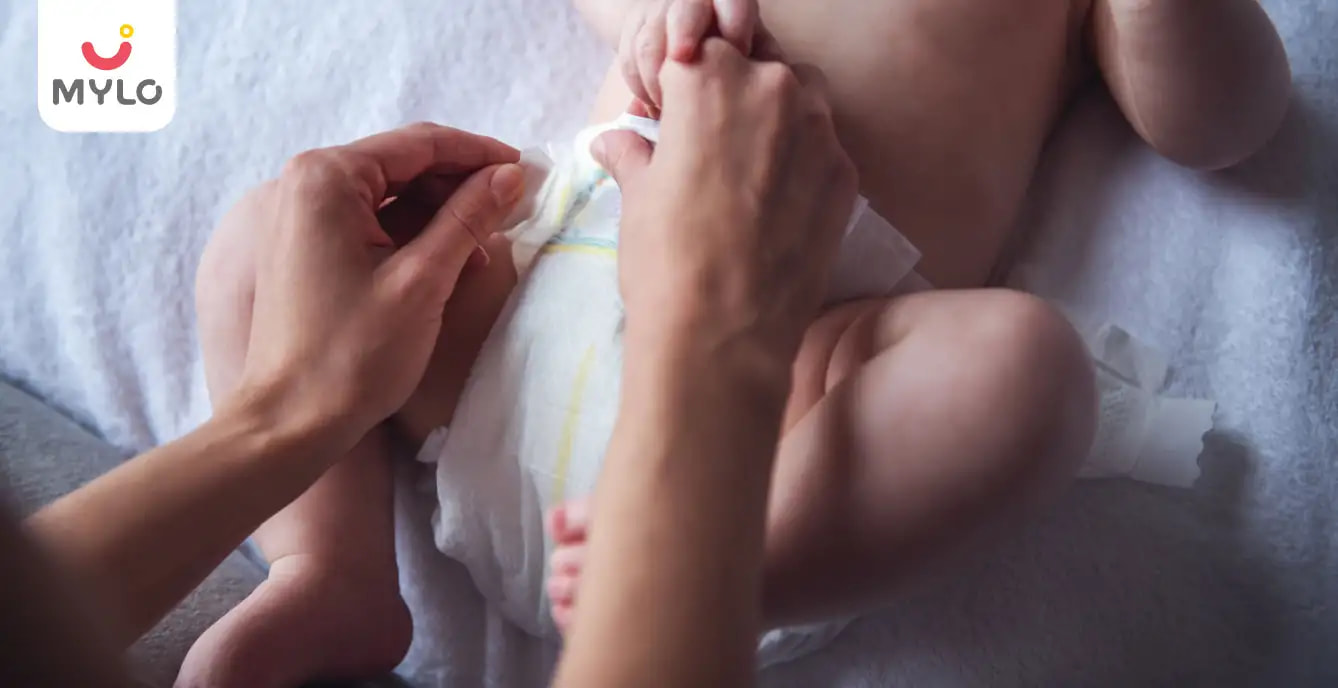Get MYLO APP
Install Mylo app Now and unlock new features
💰 Extra 20% OFF on 1st purchase
🥗 Get Diet Chart for your little one
📈 Track your baby’s growth
👩⚕️ Get daily tips

OR


Article Continues below advertisement
In this Article
- How many NB diapers do you need?
- How to determine the quantity of new born baby diapers?
- How to find the right NB size diapers?
- 1. Check the weight range
- 2. Consider your baby's body shape
- 3. Pay attention to leaks and blowouts
- How often to change newborn diaper?
- What are the benefits of using diapers with wetness indicator?
- 1. Convenience
- 2. Prevent diaper rash
- 3. Avoid unnecessary changes
- 4. Better sleep for baby
- 5. Peace of mind
- Tips for using NB diapers effectively
- 1. Proper fit
- 2. Change frequently
- 3. Diaper cream
- 4. Stock up
- 5. Dispose of properly
- The Bottomline
Diapering
 243
243New Born Baby Diapers: Understanding the Quantity and Sizing Needs of Your Little One
Updated on 9 November 2023
Welcoming a new baby into the world is an incredibly exciting time for any parent. As you embark on this journey, one of the essential items that will become a constant companion for both you and your little bundle of joy is diapers. New born baby diapers play a vital role in keeping your baby clean, dry, and comfortable. However, navigating the world of diapers can be overwhelming, especially for first-time parents.
In this article, we will understand the quantity of diapers your baby will need, how to choose the right size, how often to change them and tips to make you a diapering pro.
How many NB diapers do you need?
Newborn babies go through a lot of diapers, and it's important to have an adequate supply on hand. But how many diapers do you actually need for your newborn? Il's important to consider how often your newborn will need to be changed.
Article continues below advertisment
On average, newborns require a diaper change every two to three hours. This means that if you plan to change your baby's diaper every time it's wet or soiled, you can expect to go through around 10 to 12 diapers per day.
However, some babies may require more frequent changes, while others may need fewer. It's always a good idea to have a few extra diapers on hand, just in case. Keep in mind that newborns can go through several diapers during a single feeding, so having a larger supply can be beneficial.
You may also like: Taped Diapers vs Diaper Pants – Which is Best for Your Baby?
How to determine the quantity of new born baby diapers?
Aside from your baby's individual needs, there are a few other factors to consider when determining the quantity of newborn diapers you'll need.
One important factor is the availability and accessibility of diapers in your area. If you live in a remote location or have limited access to stores, it's a good idea to have a larger stockpile of diapers to avoid running out.
Article continues below advertisment
Some parents prefer to use cloth diapers instead of disposable ones. Cloth diapers require more frequent changes, so you'll need to have a larger quantity on hand. It's also important to consider whether you plan to use diaper covers or inserts, as these will also affect the quantity needed.
Lastly, it's worth noting that newborn babies grow quickly. Within the first few weeks, your little one may outgrow their newborn-sized diapers and need to move up to the next size. It's a good idea to have a few diapers in the next size ready, just in case.
You may also like: Taped Diapers: Why They Are Still the Preferred Choice for New Parents
How to find the right NB size diapers?
Finding the right size diapers for your newborn is essential for their comfort and protection. Newborn diapers are specifically designed for babies weighing up to 4.5 kg, but every baby is different, and what works for one may not work for another.
Here are a few tips to help you find the right size diapers:
Article continues below advertisment
1. Check the weight range
Most diaper brands provide weight guidelines on their packaging. Make sure to choose diapers that align with your baby's weight to ensure a proper fit.
2. Consider your baby's body shape
Some babies have chunkier thighs or a smaller waist. Look for diapers that have adjustable tabs or elastic waistbands to accommodate your baby's unique body shape.
3. Pay attention to leaks and blowouts
If you notice that your baby's diaper is constantly leaking or experiencing blowouts, it may be a sign that the diaper is too small. Consider moving up to the next size for a better fit.
Remember, it's normal for newborns to have frequent bowel movements, and their diapers may get soiled more often. It's better to have a slightly bigger diaper size to prevent leaks and keep your baby dry and comfortable.
How often to change newborn diaper?
Newborn diapers should generally be changed every 2-3 hours, especially if they are soiled. For wet diapers during the day, it is recommended to change them as soon as they are noticed and to avoid going longer than three hours between changes. However, at night, unless the diaper is poopy or extremely wet, it is generally fine to let the baby sleep without changing the diaper.
Article continues below advertisment
To make things easier, you can also choose diapers with wetness indicators and take the guesswork out of diaper changing. Simply by checking the color on the wetness indicator, you can find out when it’s time to change the diaper and prevent your baby from staying in a wet diaper for prolonged period.
Additionally, it's important to thoroughly clean your baby's diaper area during each diaper change. Use gentle wipes or a soft cloth with warm water to wipe away any mess. Applying a thin layer of diaper cream can also help protect your baby's skin and prevent rashes.
What are the benefits of using diapers with wetness indicator?
Diapers with a wetness indicator have become increasingly popular among parents, and for good reason. Here are five benefits of using these diapers:
1. Convenience
Wetness indicators eliminate the need for constant checking and guessing if your baby's diaper needs changing. The color-changing line or symbol on the diaper will let you know when it's time for a diaper change.
2. Prevent diaper rash
By changing your baby's diaper as soon as it becomes wet, you can help prevent diaper rash. Wetness indicators make it easier to stay on top of diaper changes, ensuring your baby's skin stays dry and healthy.
Article continues below advertisment
3. Avoid unnecessary changes
Diapers with wetness indicators can help you avoid unnecessary diaper changes. Sometimes babies may urinate only a small amount, and it may not be necessary to change the entire diaper. Wetness indicators allow you to make a more informed decision.
4. Better sleep for baby
With wetness indicators, you can change your baby's diaper quickly and efficiently during nighttime diaper changes. This helps minimize disruption to your baby's sleep, allowing them to sleep more soundly.
5. Peace of mind
Using diapers with wetness indicators can provide parents with peace of mind, especially for first-time parents. The visual cue of the wetness indicator can help alleviate any worries about whether or not your baby's diaper is wet.
Tips for using NB diapers effectively
Using new born baby diapers effectively is important for both your baby's comfort and your convenience. Here are five tips to help you make the most out of using NB size diapers:
1. Proper fit
Ensure that the diaper fits snugly around your baby's waist and thighs to prevent leaks and blowouts. Check for any gaps or loose spots and adjust accordingly.
Article continues below advertisment
2. Change frequently
Newborns have sensitive skin and are more prone to diaper rash. Change your baby's diaper every two to three hours, or as soon as it becomes wet or soiled.
3. Diaper cream
Apply a thin layer of diaper cream during each diaper change to protect your baby's skin and prevent rashes.
4. Stock up
Have an adequate supply of newborn diapers on hand. Babies go through a lot of diapers, and having enough will prevent last-minute runs to the store.
5. Dispose of properly
When disposing of used diapers, make sure to seal them in a plastic bag and dispose of them in a designated diaper pail or trash bin. This will help contain any odors and keep your nursery clean and fresh.
The Bottomline
Understanding the quantity and sizing needs of your newborn baby when it comes to diapers is essential for their comfort and your peace of mind. By considering factors such as frequency of diaper changes, availability of diapers in your area, and your baby's unique needs, you can determine the right quantity of new born baby diapers to have on hand. So, stock up on diapers, choose the right size, and enjoy the precious moments with your little one without worrying about diaper mishaps.
Article continues below advertisment



Written by
Anupama Chadha
Anupama Chadha, born and raised in Delhi is a content writer who has written extensively for industries such as HR, Healthcare, Finance, Retail and Tech.
Read MoreGet baby's diet chart, and growth tips

Related Articles
Related Questions
Influenza and boostrix injection kisiko laga hai kya 8 month pregnancy me and q lagta hai ye plz reply me
763 views
Hai.... My last period was in feb 24. I tested in 40 th day morning 3:30 .. That is faint line .. I conculed mylo thz app also.... And I asked tha dr wait for 3 to 5 days ... Im also waiting ... Then I test today 4:15 test is sooooo faint ... And I feel in ma body no pregnancy symptoms. What can I do .
752 views
Baby kicks KB Marta hai Plz tell mi
773 views
PCOD kya hota hai
1324 views
How to detect pcos
66 views
Related Topics
RECENTLY PUBLISHED ARTICLES
our most recent articles

PCOS & PCOD
The Ultimate Guide to Supplementing with Omega 3 for PCOS
(1,903 Views)
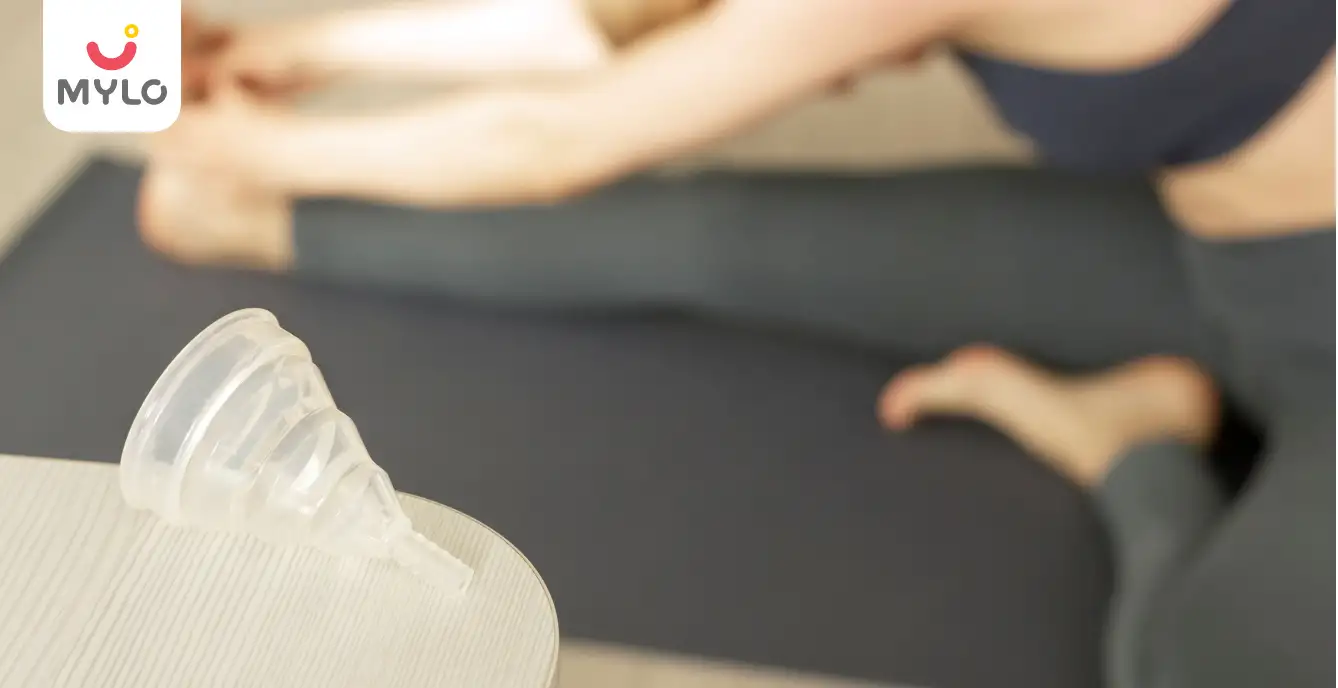
Exercise & Fitness
The Ultimate Guide to Safe and Effective Exercise in Periods
(659 Views)
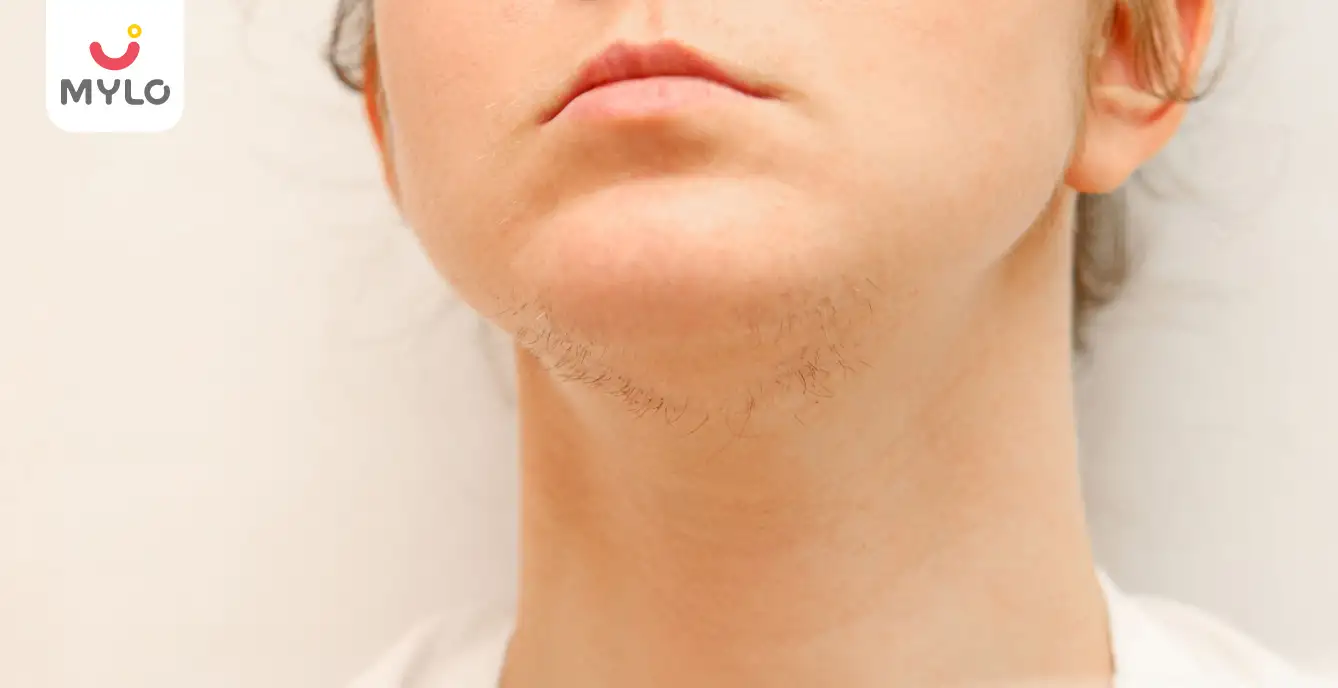
PCOS & PCOD
PCOS Hair Growth: Causes, Symptoms, and Effective Treatment Options
(199 Views)
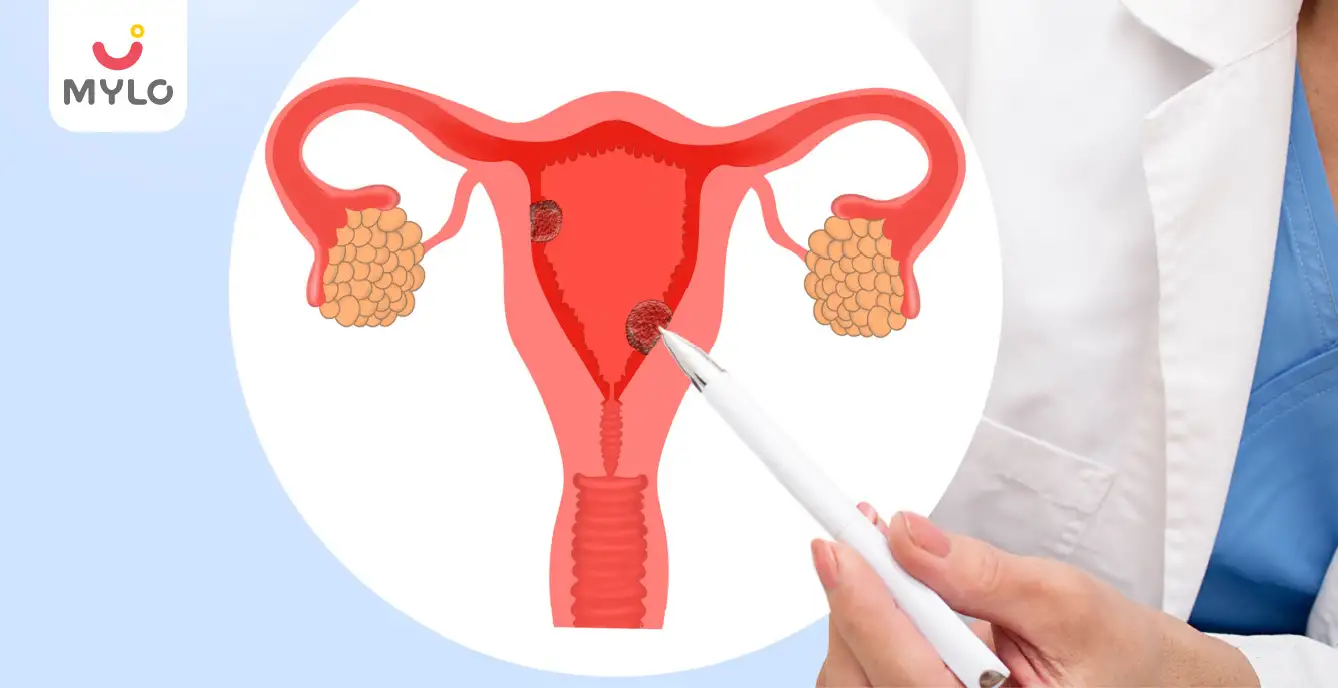
Women Specific Issues
Endometrial Hyperplasia: The Ultimate Guide to Understanding Its Causes and Treatment
(451 Views)
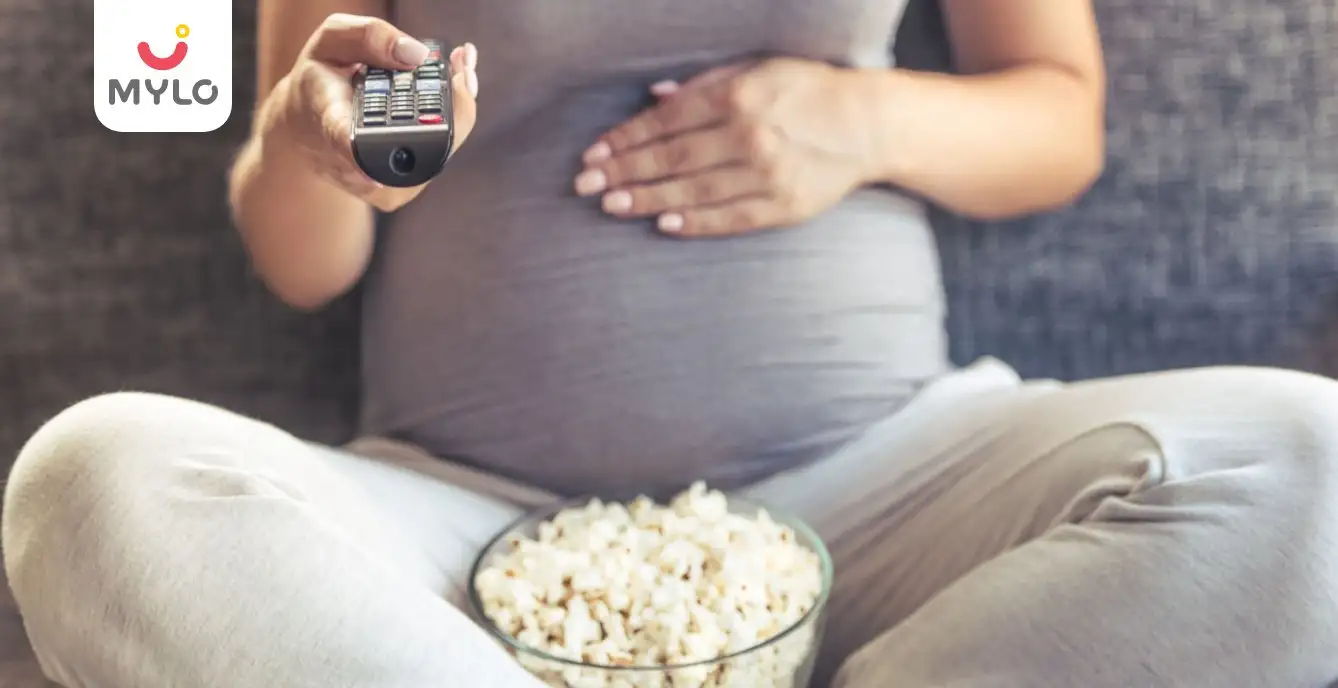
Lifestyle
Lights, Camera, Baby Bump: Movies to Watch During Pregnancy
(6,610 Views)
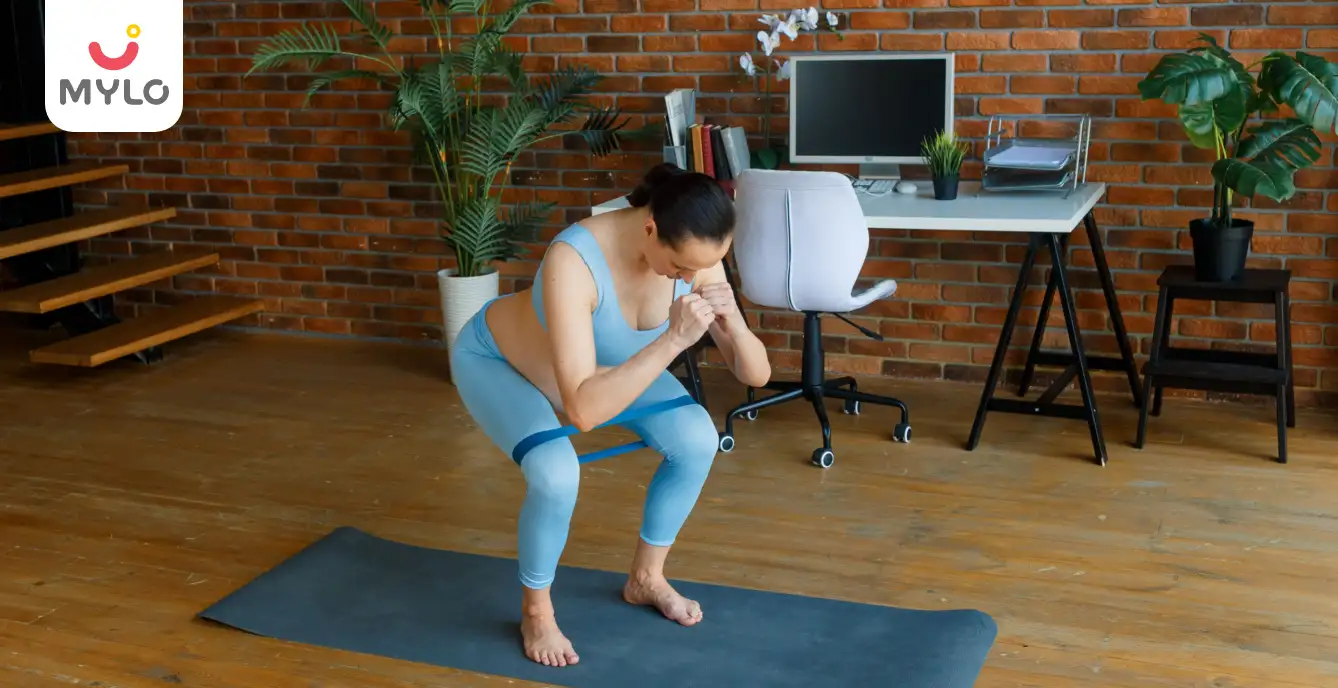
Exercise & Fitness
Squat During Pregnancy Benefits & Precautions
(4,582 Views)
- The Ultimate Guide to Thyroid Treatment in Ayurveda
- Ayurvedic Treatment for Acne: Holistic Healing for Clear Skin
- Gokshuradi Guggulu: Ayurveda's Solution for UTI and Kidney Support
- The Surprising Benefits of Dark Chocolate for Periods
- How to Reduce Air Pollution in Your Daily Life
- Normal Prolactin Levels to Get Pregnant: What You Need to Know
- What Causes Low HCG Levels in Early Pregnancy & How to Increase It?
- Top 10 Babymoon Destinations in India for Expecting Parents
- Understanding the Reasons & Solutions for a Baby Not Eating Food
- The Ultimate Guide on How to Delay Periods Naturally
- গর্ভাবস্থায় আলুবোখরা: উপকারিতা ও ঝুঁকি | Prunes During Pregnancy: Benefits & Risks in Bengali
- গর্ভাবস্থায় হিং | ঝুঁকি, সুবিধা এবং অন্যান্য চিকিৎসা | Hing During Pregnancy | Risks, Benefits & Other Treatments in Bengali
- স্তনের উপর সাদা দাগ: লক্ষণ, কারণ এবং চিকিৎসা | White Spots on Nipple: Causes, Symptoms, and Treatments in Bengali
- গর্ভাবস্থায় পোহা: উপকারিতা, ধরণ এবং রেসিপি | Poha During Pregnancy: Benefits, Types & Recipes in Bengali


AWARDS AND RECOGNITION
Mylo wins Forbes D2C Disruptor award
Mylo wins The Economic Times Promising Brands 2022
AS SEEN IN
















At Mylo, we help young parents raise happy and healthy families with our innovative new-age solutions:
- Mylo Care: Effective and science-backed personal care and wellness solutions for a joyful you.
- Mylo Baby: Science-backed, gentle and effective personal care & hygiene range for your little one.
- Mylo Community: Trusted and empathetic community of 10mn+ parents and experts.
Product Categories
baby carrier | baby soap | baby wipes | stretch marks cream | baby cream | baby shampoo | baby massage oil | baby hair oil | stretch marks oil | baby body wash | baby powder | baby lotion | diaper rash cream | newborn diapers | teether | baby kajal | baby diapers | cloth diapers |



